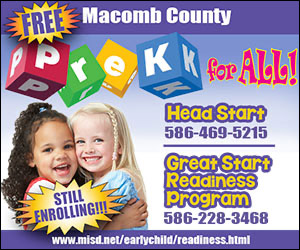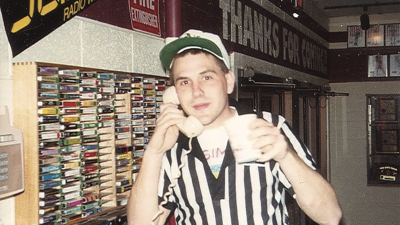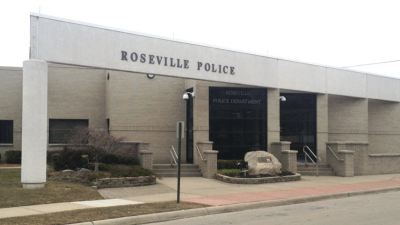ROSEVILLE — Next month, Roseville Community Schools officials plan to sell series two of its $58.9 million bond issue that passed in 2018.
At the March 20 Board of Education meeting, the school board voted 6-0 to approve a resolution for the sale of the series two bond. Board member Michael Anderson was absent.
The bond issue was divided into three series: one at $39.8 million, two at about $9 million and three at $10 million.
“The resolution is to move forward with series two bonds,” District Superintendent Mark Blaszkowski said. “We are doing this so that we have a seamless transaction between our first series to our second series. This gives us time to get things in order.”
At the meeting, Executive Director of Business & Finance Rayetta Ashbaugh confirmed the outside sources that will assist with the process.
“We are going to use the same people that we’ve used in the past for the bond,” Ashbaugh said. “Our bond underwriter will be Stifel, our bond counsel will be Miller Canfield, and our financial adviser will be PFM.”
The bonds will be sold on the market May 9. Series two of the bond will primarily be used for technology updates, including the purchase of new devices that will be ordered in the spring of 2024 for distribution in the 2024-2025 school year.
The new devices will include laptop computers and iPads for students; desktop computers for teachers to be used in labs, teacher stations and offices; new wireless routers in each classroom throughout the district; and additional network infrastructure.
With a bond issue, bonds are sold in the capital markets at a date determined by the district, a financial adviser and an underwriter. Upon closing, funds generated from the bond sale are deposited in the district’s construction fund and are available to spend for completion of the projects contemplated in the bond proposal. The funds are limited in their use to approved projects. Funds, for instance, may not be spent on school employee salaries or benefits.
“You sell the bonds, and the community is paying out for the bonds,” Blaszkowski said. “The public’s tax burden goes to paying off the debt we are in. The taxpayers will pay the bonds over time.”
There were a multitude of projects for series one of the bond. Major series one projects from 2018 included the Roseville High School stadium and athletic complex addition, whiteboards in every classroom, culinary arts updates at Roseville High School, updated infrastructure for technology, janitorial supplies, marching band uniforms and new band equipment for all school buildings.
The series one bond funding also provided for auto shop tools, a new welding class at Roseville High School, copy machines, district phone upgrades, new marquee signs and new playground equipment in every building.
In addition, a number of series one summer projects included health clinic renovations, water bottle fountains, completing the boiler replacement at RHS, the stairway railing installation at RHS and more.
While preparing for the series two bond, school officials found out there was about $2 million left in series one.
“Series one bond has to be fully committed prior to us paying for anything we’re buying in series two,” Ashbaugh said. “It all has to be obligated.”
The $2 million from series one will be allocated across the district for LED light replacements to save the district utility costs in the coming years, additional lighting at the RHS Athletic Complex, interactive television adapter upgrades and two buses to replace older ones.
School officials plan to sell series three of the bond in approximately five years.
 Publication select ▼
Publication select ▼

























